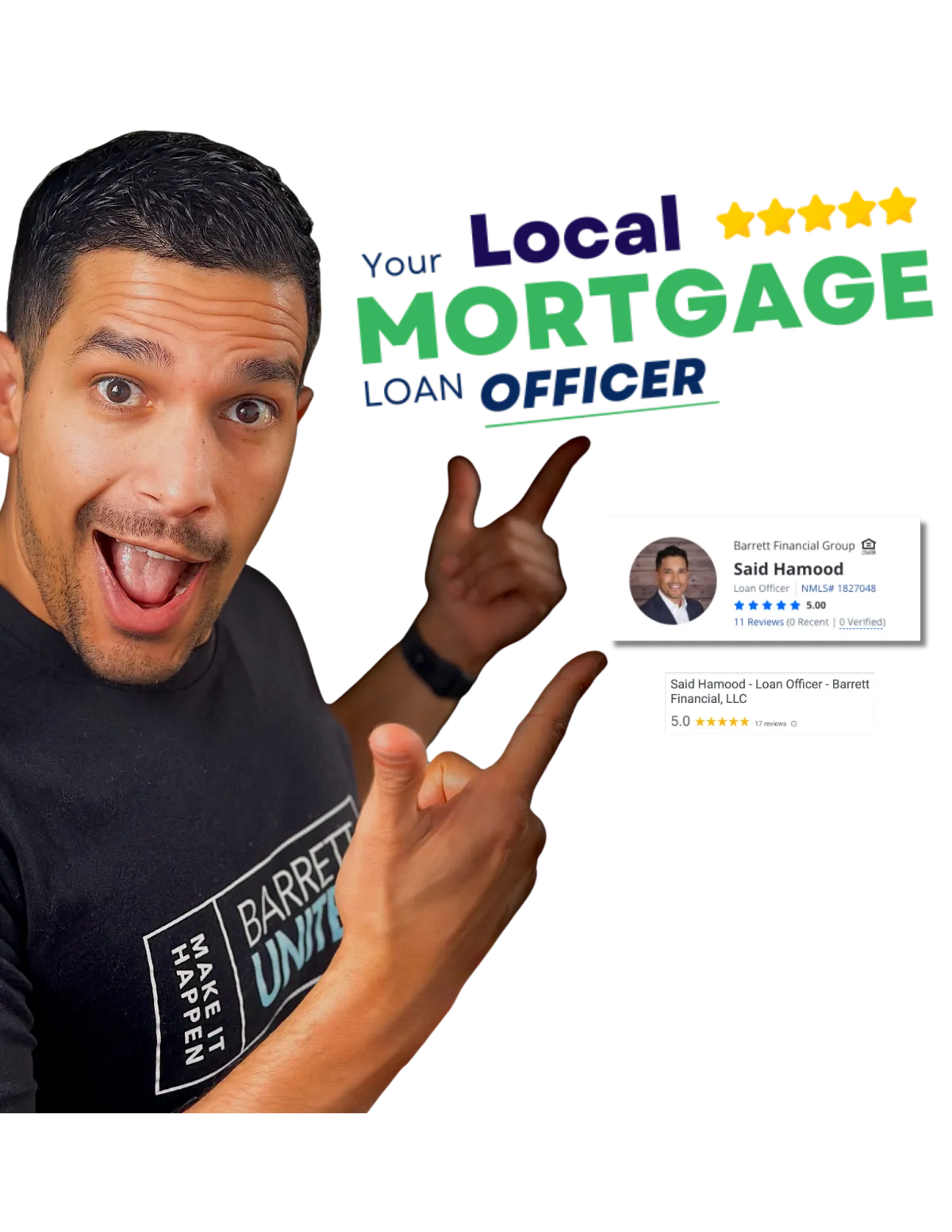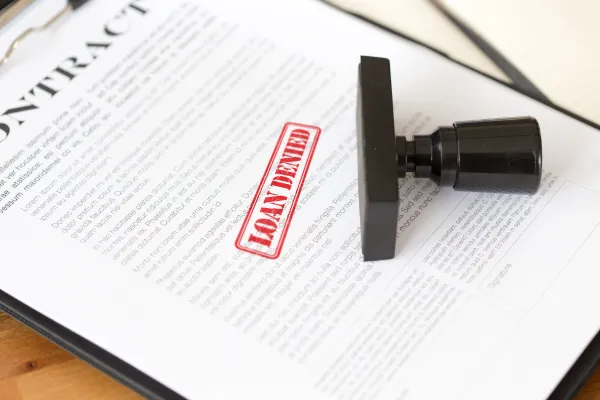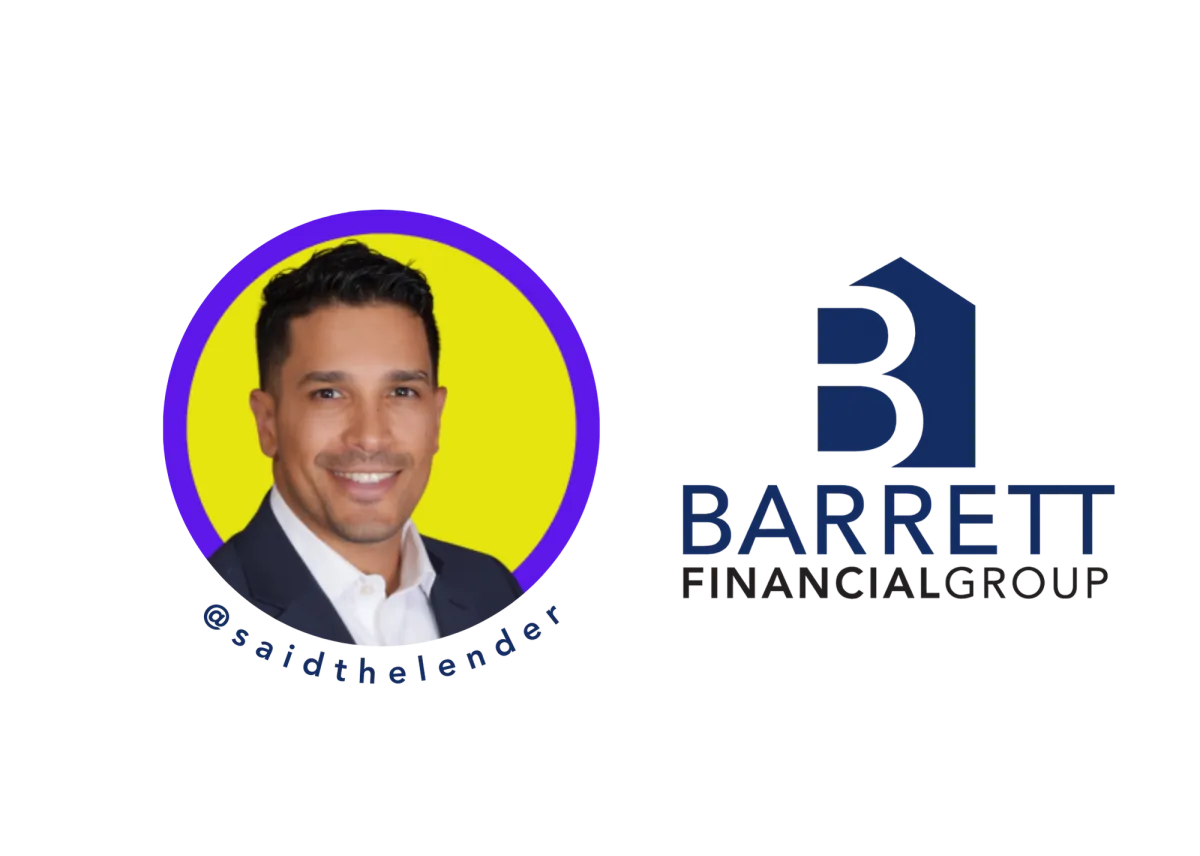
Simplifying Homeownership
See EXACTLY How Much Home You Qualify For Today!

Simplifying Homeownership
See EXACTLY How Much Home You Qualify For Today!
Learning Center

FHA Loan Changes: Non-Permanent Residents No Longer Eligible—What Seattle Homeowners Must Know
Recent policy shifts by the FHA (Federal Housing Administration) under the Trump administration have significant impacts on mortgage eligibility—especially for non-permanent residents in Seattle, WA. Understanding these changes is crucial if you're looking to buy a home in Seattle using an FHA loan.
Here's everything Seattle homeowners and homebuyers need to know.
What’s Changed in FHA Loan Eligibility?
Previously, non-permanent residents legally living and working in the U.S. could qualify for FHA-backed loans, making homeownership more accessible. However, under recent policy changes, non-permanent residents—including workers on temporary visas—are no longer eligible for FHA-insured home loans.
This shift effectively restricts FHA mortgage benefits exclusively to U.S. citizens and lawful permanent residents (Green Card holders).
Why It Matters for Seattle Homebuyers
Seattle is home to a vibrant tech industry, attracting skilled workers from around the globe. Many homebuyers in Seattle are non-permanent residents holding H-1B, L-1, or other temporary work visas. This FHA policy change could significantly impact your homebuying options if you're in this category.
How this FHA Loan Change Affects Seattle’s Real Estate Market:
Reduced Access to FHA Loans: Non-permanent resident homebuyers must now explore conventional loans or alternative financing options, which often require higher credit scores and larger down payments.
Possible Slowed Homeownership Rates: FHA loans are attractive due to lower down payment requirements (as low as 3.5%). Removing this option may slow homeownership growth among non-permanent residents.
Shifts in Buyer Behavior: Homebuyers may delay homeownership or look for alternative financing solutions, potentially affecting home sales and prices in specific neighborhoods.
Alternatives for Non-Permanent Resident Buyers in Seattle
If you're affected by these FHA changes, there are still ways to achieve homeownership in Seattle:
Conventional Mortgages: Offered by private lenders, these typically require at least 5%-10% down but remain accessible to non-permanent residents with strong credit and steady employment.
Portfolio or Non-QM Loans: Offered by certain banks and mortgage lenders, these flexible lending options are tailored specifically to individuals with unique residency statuses.
Employer-Assisted Financing: Many Seattle-area companies (especially tech firms) offer financial assistance or special partnerships with mortgage lenders.
Advice for Seattle Homebuyers and Homeowners
Check Your Eligibility Early: Don’t assume FHA loans are your only option; consult with a mortgage professional who specializes in Seattle's market.
Explore Your Options: Understand conventional loans, jumbo loans, or non-QM alternatives. Having clarity on these alternatives will help you choose the best financing solution.
Stay Updated: Policies can shift quickly. Keeping informed with a trusted Seattle-based mortgage expert ensures you're prepared for any future policy adjustments.
Need Personalized Guidance?
Navigating these changes doesn’t have to be overwhelming. Whether you're a first-time homebuyer in Seattle or looking to refinance, having expert advice tailored to your unique situation can save you time and money.
👉 Get personalized mortgage solutions and expert advice here: www.saidhamood.com
What is the first step in buying a home?
The first step is understanding your budget and getting pre-approved for a mortgage. This helps you know what you can afford and shows sellers that you're a serious buyer. I can guide you through this process to make sure you're prepared and confident.

How much money do I need for a down payment?
Down payments typically range from 3% to 20% of the home’s purchase price, depending on the type of loan you qualify for. There are also programs for first-time homebuyers that may offer down payment assistance. I can help you explore your options.

What does pre-approval mean, and why is it important?
Pre-approval means a lender has evaluated your financial information and determined the loan amount you're eligible for. It’s crucial because it gives you a clear idea of your budget, helps you compete with other buyers, and speeds up the closing process once you find a home.

What types of loans are available for first-time homebuyers?
There are several loan options, including FHA loans, USDA loans, and conventional loans. The best option for you depends on factors like your credit score, income, and the location of the home. I can help you compare the options and choose the best one for your situation.

How do I know if I qualify for a mortgage?
Lenders look at factors like your credit score, income, debt-to-income ratio, and the amount of money you have for a down payment. The good news is that I work with a range of clients, from those with perfect credit to first-time buyers, to help you find the right path to homeownership.

What are closing costs, and how much should I expect to pay?
Closing costs usually range from 2% to 5% of the home's purchase price and cover fees like appraisals, inspections, and lender charges. I’ll help you understand all the costs involved so there are no surprises at the end of the process.

Can I get a mortgage if I have student loans or other debt?
Yes! Many buyers with student loans or other forms of debt still qualify for a mortgage. Lenders look at your overall financial picture, including your income and debt-to-income ratio. Let’s talk through your situation, and I’ll help you find the best solution.

How long does the home buying process take?
The process typically takes about 21 to 45 days from the time you make an offer to closing. However, this can vary depending on factors like inspections, appraisals, and the lender's processing time. I’ll keep you updated every step of the way so you know what to expect.

What happens if my offer on a home is accepted?
Once your offer is accepted, the next steps include signing a purchase agreement, scheduling inspections, and finalizing your mortgage application. From there, the lender will process your loan, and we'll work together to ensure everything is in place for a smooth closing.

How do I know if I’m ready to buy a home?
If you’re financially stable, have a reliable income, and can afford a down payment and monthly mortgage payments, you might be ready. I’ll help you assess your financial readiness and guide you through the process to ensure you’re making the best decision for your future.

What is an FHA loan?
An FHA loan is a government-backed mortgage designed to help first-time homebuyers and those with less-than-perfect credit. It typically requires a lower down payment (as low as 3.5%) and has more flexible credit requirements, making it an excellent option for those who might not qualify for conventional loans.

What is a VA loan, and who qualifies?
A VA loan is a mortgage loan backed by the U.S. Department of Veterans Affairs, designed for military service members, veterans, and certain members of the National Guard and Reserves. It typically requires no down payment or private mortgage insurance (PMI), making it a great option for those who qualify.

What is a USDA loan?
A USDA loan is a government-backed mortgage offered to homebuyers in rural and suburban areas. It requires no down payment and offers competitive interest rates. To qualify, buyers need to meet income and property location requirements, making it a great option for those looking to buy in rural areas.

What is a conventional loan?
A conventional loan is a mortgage that is not insured or backed by the federal government. These loans usually require a higher credit score and a larger down payment than FHA loans, but they come with more flexible terms and potentially lower mortgage insurance costs if you put down at least 20%.

What is a jumbo loan?
A jumbo loan is a type of mortgage that exceeds the conforming loan limits set by the Federal Housing Finance Agency (FHFA). These loans are typically used for luxury or high-value homes and require stricter credit and income qualifications. They also tend to have higher interest rates due to the larger loan amounts.

What is a fixed-rate mortgage?
A fixed-rate mortgage is a loan with an interest rate that stays the same throughout the life of the loan, typically 15, 20, or 30 years. This provides stability and predictable monthly payments, making it a popular choice for many homebuyers.

What is an adjustable-rate mortgage (ARM)?
An adjustable-rate mortgage (ARM) is a type of loan where the interest rate can change periodically based on market conditions. ARMs typically start with lower rates for the first few years and then adjust. While this can offer lower initial payments, it comes with more risk as rates can increase over time.

What is a renovation loan?
A renovation loan, like the FHA 203(k) loan, allows you to finance both the purchase of a home and the cost of repairs or renovations in one loan. This can be a great option if you want to buy a fixer-upper and make improvements to it, as it allows you to finance the project upfront.


"I educate first-time homebuyers so they can make informed decisions"
Said Hamood - Seattle Mortgage Broker - NMLS#1827048
Said Hamood | NMLS #1827048 | Barrett Financial Group, L.L.C. | NMLS #181106 | 275 E Rivulon Blvd, Suite 200, Gilbert, AZ 85297 | TX view complaint policy at www.barrettfinancial.com/texas-complaint | WA MB-181106 | Equal Housing Opportunity | This is not a commitment to lend. *All loans are subject to credit approval. | mlsconsumeraccess.org/EntityDetails.aspx/COMPANY/181106



